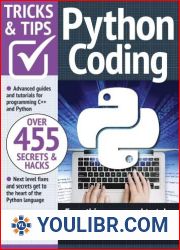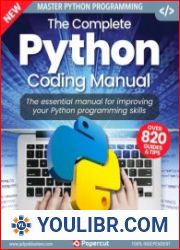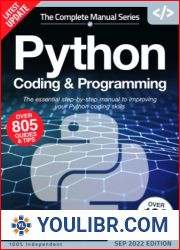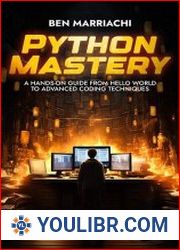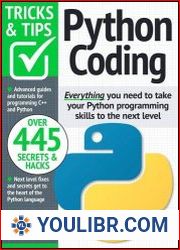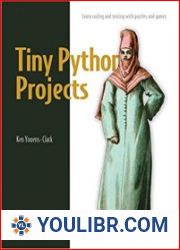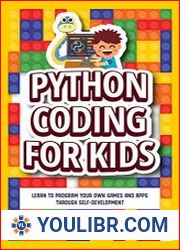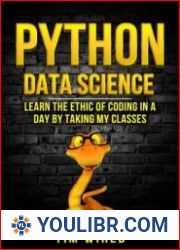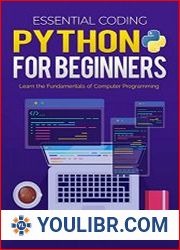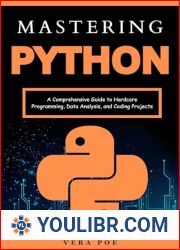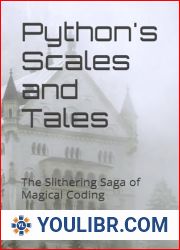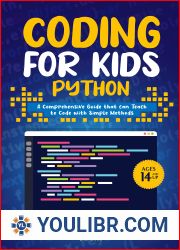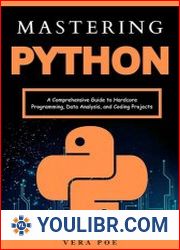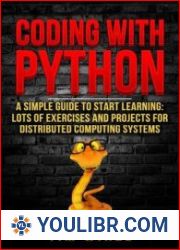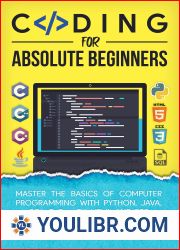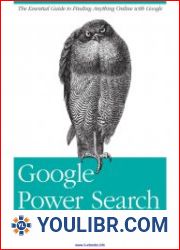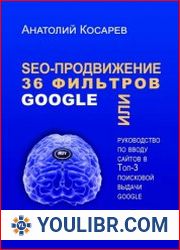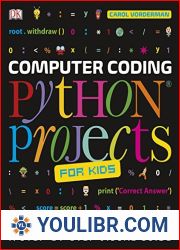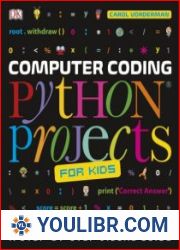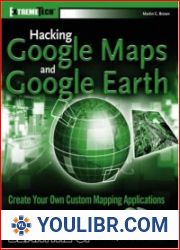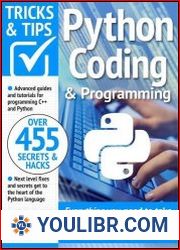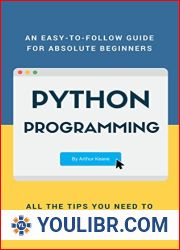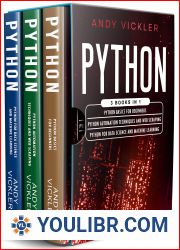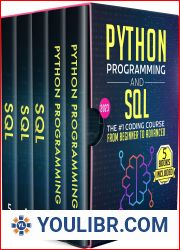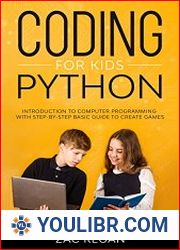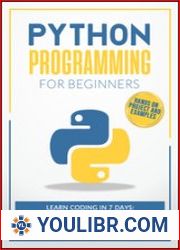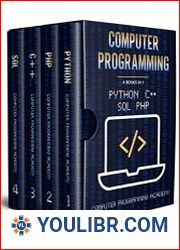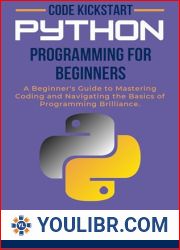
BOOKS - Google Gemini for Python: Coding with Bard

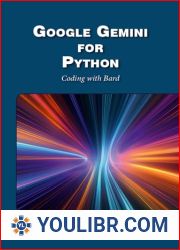
US $5.82

713970

713970
Google Gemini for Python: Coding with Bard
Author: O. Campesato
Year: February 27, 2024
Format: PDF
File size: PDF 3.0 MB
Language: English
Year: February 27, 2024
Format: PDF
File size: PDF 3.0 MB
Language: English
This book provides a bridge between the worlds of Python 3 programming and Generative AI, aiming to equip readers with the skills to navigate both domains with confidence. It begins with an introduction to fundamental aspects of Python programming, which include various data types, number formatting, Unicode and UTF-8 handling, and text manipulation techniques. In addition, you will learn about loops, functions, data structures, NumPy, Pandas, conditional logic, and reserved words in Python. Further chapters show how to handle user input, manage exceptions, and work with command-line arguments. The text then transitions to the realm of Generative AI, discussing its distinction from Conversational AI. Popular platforms and models, including Bard (now called "Gemini") and its competitors, are presented to give readers an understanding of the current AI landscape. The book discusses the capabilities of Bard, its strengths, weaknesses, and potential applications. Finally, you will learn how to generate a variety of Python 3 code samples via Bard.FEATURESIncludes a chapter on how to generate a variety of Python 3 code samples via GeminiCovers basic concepts of Python 3 such as loops, conditional logic, reserved words, user input, manage exceptions, work with command-line arguments, and moreIncludes companion files for downloading with source code and figures(available from the publisher with Amazon proof of purchase by writing to [email protected])TABLE OF Introduction to Python 3. 2: Conditional Logic, Loops, and Functions. 3: Python Data Structures. 4: Introduction to NumPy and Pandas. 5: Generative AI, Bard, and Gemini. 6: Bard and Python Code. Index.ABOUT THE AUTHOROswald Campesato (San Francisco, CA) specializes in Deep Learning, Python, and GPT-4. He is the author co-author of over forty books including Python 3 Data Visualization Using ChatGPT GPT-4, NLP for Developers, and Artificial Intelligence, Machine Learning and Deep Learning (all Mercury Learning).







